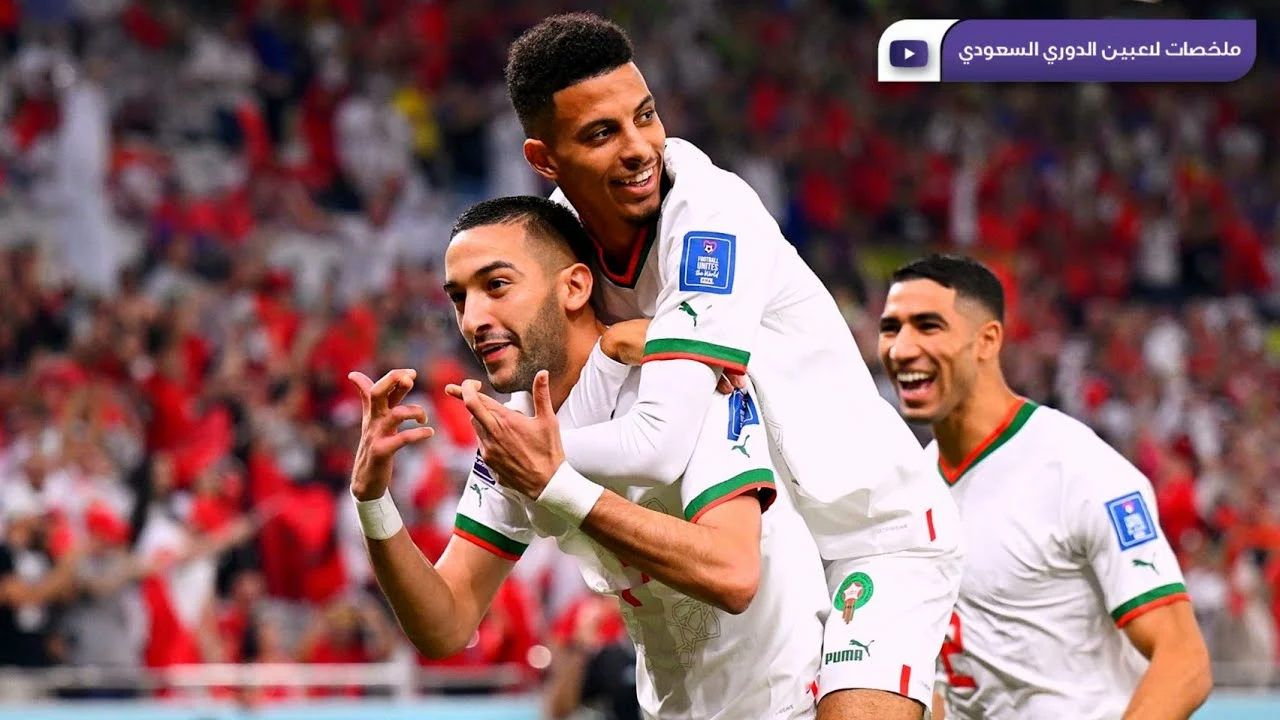Schedule: Your Playbook for Matches, Events and Planning
When working with schedule, a structured plan that tells you when activities happen. Also known as timetable, it helps fans, teams and organizers keep track of games, training sessions and other events. A match schedule, the list of dates and times for each fixture in a league or tournament is a specific type of schedule used in soccer. Likewise, a fixture list, the sequence of upcoming matches for a club or competition provides the same information in a compact format. Both rely on a calendar, a system for organizing days, weeks and months to make sure nothing overlaps. In short, a schedule ties together time management, event planning and fan engagement. Schedule encompasses match schedule, schedule requires time management, and event planning influences schedule – these connections drive every piece of content you’ll see below.
Why a Good Schedule Matters for Everyone
Think about a fan trying to catch three games in one weekend. Without a clear schedule, they end up missing kick‑offs, double‑booking flights, or watching matches at odd hours. That’s why a well‑crafted match schedule includes time‑zone info, kickoff penalties for weather delays and regular updates when clubs shift venues. Event planning adds another layer: stadium staff coordinate security, broadcasters line up satellite feeds, and local authorities manage traffic based on the schedule’s layout. Teams use the fixture list to rotate squads, manage player fatigue and plan travel logistics. The calendar serves as the backbone, letting clubs slot training sessions around match days and giving broadcasters a predictable slate for advertising. All these pieces – match schedule, fixture list, calendar and time management – work together to keep the beautiful game running smoothly.
Below you’ll find a mix of stories that touch on these ideas: from how unexpected drone incidents can scramble airport schedules and affect travel plans for fans, to the role of AI in creating visual content that fits the timing of cultural festivals, and even deep dives into why certain jerseys are blue and how that ties back to historic schedules of national teams. Each post adds a real‑world angle on the concept of a schedule, showing how timing, planning and clear communication shape the soccer world. Keep reading to see how a solid schedule can turn chaos into a well‑orchestrated experience.

What is the 2022 World Cup schedule?
As a sports enthusiast, I've been eagerly keeping tabs on the 2022 World Cup schedule. It's slated to kick off on November 21, 2022, a major shift from the traditional mid-year schedule due to Qatar's intense summer heat. The tournament will span over 28 days, concluding with the final match on December 18. For the first time, matches will be scheduled at compact intervals, aiming to offer maximum live football action to fans worldwide. It's going to be a unique experience, and I can't wait to see how it unfolds.